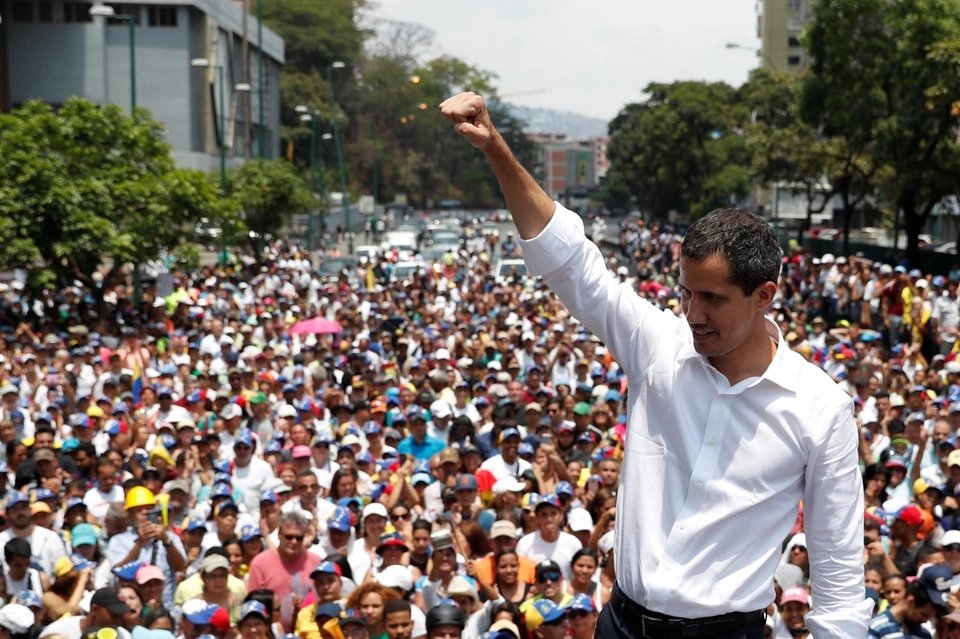
Discussing the socio-economic situation on the morning of June 12, Mr. Nguyen Nhu So – Vice Chairman of the Vietnam Farmers’ Association, representative of Bac Ninh province, said that the post-Covid-19 period has seen many small and medium-sized enterprises suffer from economic impacts.
He commented that the `prescription` to support businesses through tax exemptions and extensions must be sufficient, have the right solution, and dare to accept giving up old habits and ways of operating to adapt to development in the new situation.
Referring to the recent policy of reducing interest rates and rescheduling debt, he said, more low-interest loan packages are needed to increase businesses’ opportunities to access capital and cash flow.
`If you catch the right disease, you can support the right weak, lacking and needy businesses, and avoid the situation where businesses go bankrupt before accessing capital,` Mr. So said.
Mr. Nguyen Nhu So – representative of Bac Ninh province.
Member of the Finance and Budget Committee Hoang Quang Ham also said that tax exemption, reduction, and deferment policies are only suitable for businesses that are still operating, have revenue, and profits, but do not cover all difficult businesses.
Mr. Ham said that in the current urgent context, he would `not hesitate to press the button to approve a 30% reduction in small business income tax`, but still wondered about fairness between businesses when the Government proposed criteria again.
`Is it fair that a business with excess labor criteria, for example having 150 employees but revenue exceeding the threshold of 50 billion VND, is not entitled to tax reduction? Units with less than 100 people and revenue of less than 50 billion VND are eligible.
Selectively attracting FDI also needs to focus on domestic enterprises
At the discussion session, Mr. Pham Trong Nhan, representative of Binh Duong province, mentioned the disadvantages in regional planning and development, causing the economy to make Vietnam face more difficulties in the face of supply chain disruption due to Covid.
Mr. Nhan analyzed that key economic regions have been shaped for nearly 2 decades, but up to now, they have not yet formed a true value chain and are not yet one of the important growth drivers of the economy.
The delegate of Binh Duong province proposed that the Government need to restart the Law on special administrative economic zones, which emphasizes regional links and connections with localities and businesses.
`With regulations that require localities and businesses in all sectors to work together for the economy to go as far as expected,` he assessed.
Facing optimistic forecasts about investment flows after the pandemic, many localities have also begun to build industrial parks to receive this wave.
`After all the preferential treatment over the past time that has consumed so many of the country’s resources, it will be difficult for us to overcome the middle income trap with such a process and therefore need to treat FDI inflows cautiously.`
On the other hand, the economy is stagnant but mergers and acquisitions are still complicated.
Regarding overcoming the broken production chain, Mr. Hoang Quang Ham – Member of the Finance and Budget Committee said that to fill the production chain, in addition to selectively attracting FDI, private economic development needs to be considered.
Mr. Ham analyzed that because this subject must invest in areas that other economic sectors do not do, it must be viewed objectively and cannot demand profits or capital utilization coefficients as in the conditions.
In addition, equitization and divestment of state capital must be considered a restructuring of the state investment portfolio, so the proceeds, in addition to paying investment expenditures to the budget, must be reserved for business expansion, including the establishment of new state-owned enterprises.






